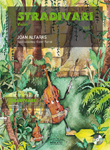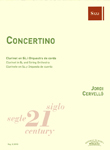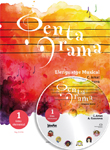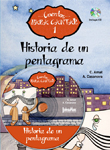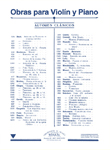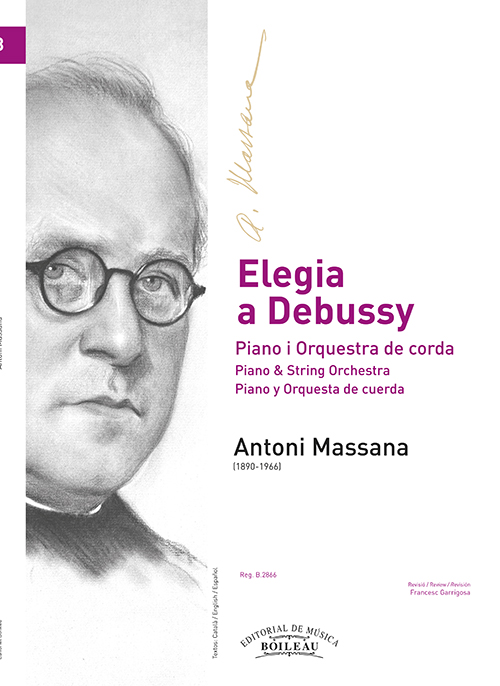WORKS
- Genre
-
Musical education
- Choir
- Counterpoint
- Dictation
- Direction
- Exam study manuals
- General music pedagogy
- Harmony
- Hearing
- Illustrations / Posters
- Improvisation / Sight reading
- Instrument methods
- Instrument pedagogy
- Instrumental study repertoire
- Instrumentation and orquestration
- Musical language
- Solfège
- Templates
- Theory and analysis
-
Incidental music
-
Lined paper
-
Flamenco
-
Religious music
-
Classical / contemporary
-
Modern music
-
Folk music / traditional
-
Musicology
-
Divulgation
-
Games and hobbies
-
Music therapy
-
Children / Youth
-
- Instruments
- Ensemble
- Difficulty level
- Period
- Genre
SOPORTE
Search
Find here: books, scores, composers, digital pieces, cd's
Best-selling works
Our classics
Newsletter
I wish to be informed of the news about your music
We have received your e-mail correctly
Multimedia
Elegía a Debussy
Partitura general
Piano y Orquesta de cuerda
MASSANA, AntoniMASSANA, AntoniMASSANA, AntoniReg.: B.2866
20,00 €
P.V.P. (VAT included 4%)
Add to cart
- Ensemble: String orchestra: With soloist(s).
- Genres: Classical / contemporary: Symphonic.
- Product format: Partitura
- Difficulty level: Intermediate-advanced
- Period: 1st half S. XX
- Publishing house: Editorial Boileau
- No. of pages: 16
- Measure: 34,00 x 24,50 cm
- Lenght: 11' 20"
- ISMN: 979-0-3503-3131-2
- Available in digital: No
- Available for rent: No
Solo Piano
0 0 0 0 — 0 0 0 0 — str
The Jesuit priest and musician Antoni Massana (1890-1966) is one of the most important Catalan composers of the first half of the 20th century, known as the "Noucentisme generation". Massana studied with renowned masters such as Granados, Marshall, Morera, Taltabull and Pedrell, and furthered his studies in Rome, where he graduated in Gregorian chant and sacred music and later obtained a doctorate in composition. He received several prizes such as the Flor Natural at the Barcelona Music Festival (1922) for his work Himne a la ciutat de Déu, the Patxot Prize (1925) for his oratorio Montserrat, the National Music Prize of Uruguay (1953) and the Palma de Mallorca Prize for his cantata Iuliana (1954). Antoni Massana's career, like that of many other composers, was affected by Franco's regime, which, in this case, saw his music used for political purposes with which he disagreed.
Aesthetically, Massana's work eschews avant-garde currents in favour of a late post-romanticism represented by Richard Strauss and the impressionism of Ravel and Debussy.

